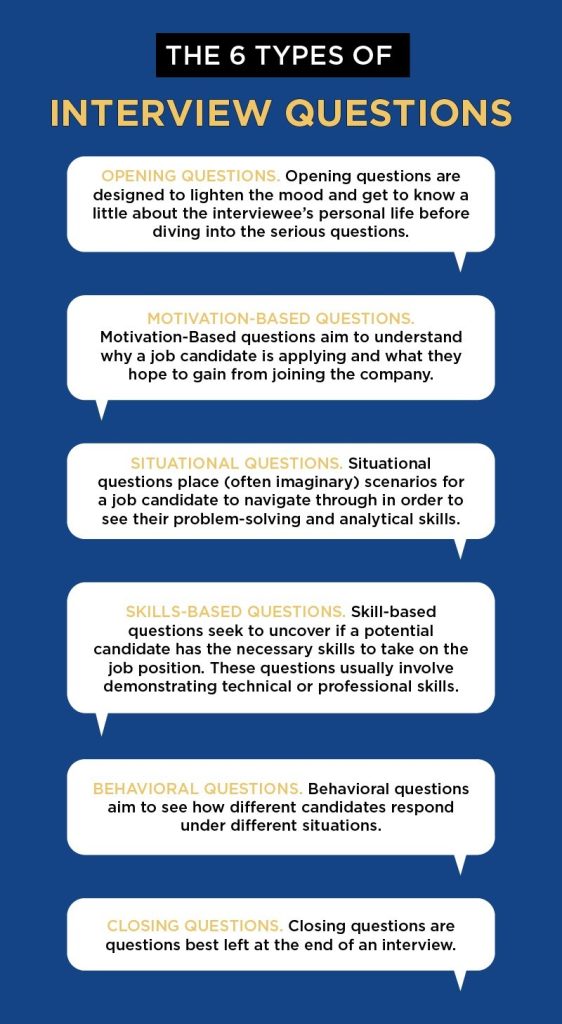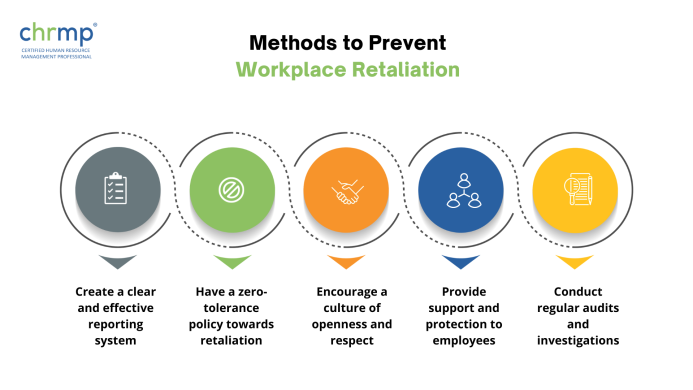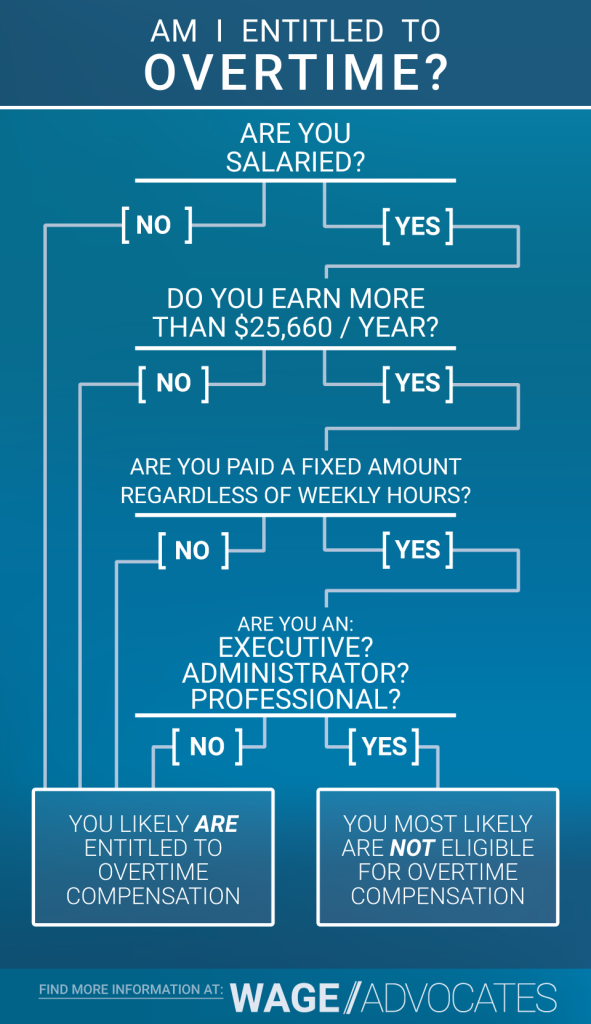
Unlock Top Talent: The Top 10 Interview Questions to Ask Candidates (and Why!)
Hiring the right person for your team is one of the most important decisions you’ll make. It can be exciting, but also a little nerve-wracking. How do you truly get to know someone in just an hour or two? The secret lies in asking the right questions.
Gone are the days of simple "yes" or "no" answers. To find top talent, you need questions that dig deeper, reveal personality, show problem-solving skills, and uncover how a candidate truly thinks and behaves.
This comprehensive guide will walk you through the top 10 essential interview questions to ask candidates. For each question, we’ll explain why it’s so effective and what you should listen for in their answers, making it easy for even beginners to conduct impactful interviews.
Why Asking the Right Questions Matters
Think of an interview as a detective mission. Your goal isn’t just to confirm what’s on their resume, but to understand their potential, their fit with your team culture, and how they handle real-world situations.
Good interview questions help you:
- Assess Skills: Beyond technical skills, how do they problem-solve, communicate, or lead?
- Gauge Cultural Fit: Will they thrive in your company’s environment? Do their values align with yours?
- Uncover Potential: Are they eager to learn and grow? Can they adapt to new challenges?
- Reveal Personality: Do they show resilience, initiative, or a collaborative spirit?
- Predict Future Performance: Past behavior is often the best predictor of future behavior.
By asking thoughtful, open-ended questions, you create an opportunity for candidates to showcase their true selves, not just memorized answers.
The Top 10 Interview Questions to Ask Candidates
Let’s dive into the powerful questions that will help you find your next great hire!
1. "Tell me about yourself."
This might seem like a simple opener, but it’s incredibly telling. It’s not a request for their life story, but rather a chance for them to introduce themselves professionally.
-
Why Ask This Question?
- Communication Skills: How do they structure their thoughts? Are they clear and concise?
- Self-Awareness: Do they understand what’s relevant to the job you’re hiring for?
- Confidence: Do they sound comfortable and prepared?
- First Impression: Sets the tone for the rest of the interview.
-
What to Listen For:
- A concise summary (1-2 minutes) of their career journey, highlighting key experiences and skills relevant to the role.
- Enthusiasm for their work and career path.
- How they connect their past experiences to the opportunity at your company.
- Red Flag: Rambling, too personal details, or not connecting their story to the job.
2. "Why are you interested in this position and our company?"
This question helps you understand a candidate’s motivation and how much research they’ve done. It reveals if they’re genuinely excited about your opportunity or just looking for any job.
-
Why Ask This Question?
- Motivation: Are they genuinely interested in the role and company, or just a paycheck?
- Research: Have they taken the time to learn about your company’s mission, values, or products/services?
- Fit: Do their career goals align with what your company offers?
- Enthusiasm: Do they sound excited and engaged?
-
What to Listen For:
- Specific details about your company (e.g., recent projects, values, culture, products).
- How their skills and aspirations match the job description and company goals.
- A clear connection between their previous experiences and why they believe they’d succeed in this role.
- Red Flag: Generic answers that could apply to any company, or a lack of understanding about the role.
3. "What are your greatest strengths?"
This is a classic for a reason. It allows candidates to highlight their best qualities and how they would benefit your team.
-
Why Ask This Question?
- Self-Awareness: Do they know what they’re good at?
- Relevance: Are their strengths applicable and valuable to the job?
- Confidence: Do they articulate their strengths clearly and confidently?
-
What to Listen For:
- Strengths that are directly relevant to the job description (e.g., "problem-solving" for a technical role, "communication" for a client-facing one).
- Specific examples or stories that demonstrate these strengths in action.
- How they’ve leveraged these strengths to achieve positive results in the past.
- Pro Tip: Ask for an example: "Can you give me an example of a time you used that strength effectively?"
4. "What do you consider your greatest weakness?"
This question tests self-awareness, honesty, and a growth mindset. Nobody is perfect, so a candidate who claims to have no weaknesses is a red flag.
-
Why Ask This Question?
- Honesty & Humility: Are they willing to admit imperfections?
- Self-Improvement: Do they recognize areas for growth and actively work on them?
- Resilience: How do they handle constructive criticism or challenges?
-
What to Listen For:
- A genuine weakness (not a disguised strength like "I’m too much of a perfectionist").
- Evidence that they are actively working to improve this weakness.
- Understanding of how this weakness might impact their work and what steps they take to mitigate it.
- Red Flag: "I don’t have any weaknesses," or a weakness that is critical for the job function (e.g., "I’m not good with deadlines" for a project management role).
5. "Describe a time you faced a challenge or obstacle at work. How did you handle it?"
This is a behavioral question, which means it asks about past behavior to predict future performance. It’s excellent for understanding problem-solving skills, resilience, and initiative.
-
Why Ask This Question?
- Problem-Solving: How do they approach difficulties?
- Resilience: Do they give up easily, or do they persevere?
- Initiative: Did they take action, or wait for others to solve it?
- Learning: Did they learn from the experience?
-
What to Listen For:
- STAR Method: Encourage them to use the Situation, Task, Action, Result method.
- Situation: What was the background?
- Task: What was their role or objective?
- Action: What specific steps did they take?
- Result: What was the outcome? What did they learn?
- Their thought process and specific actions, not just general statements.
- A positive or constructive outcome, even if the challenge wasn’t fully resolved.
- Pro Tip: Pay attention to their role in the solution. Did they take ownership?
- STAR Method: Encourage them to use the Situation, Task, Action, Result method.
6. "Tell me about a time you made a mistake. How did you deal with it?"
Similar to the weakness question, this tests honesty and accountability. Everyone makes mistakes; what matters is how they learn from them.
-
Why Ask This Question?
- Accountability: Do they take responsibility for their errors?
- Learning & Growth: Do they learn from their mistakes and apply those lessons?
- Humility: Are they open to admitting fault?
-
What to Listen For:
- A genuine mistake, not a minor oversight.
- Clear ownership of the mistake, without blaming others.
- Specific steps they took to correct the mistake or mitigate its impact.
- A clear lesson learned and how they applied that learning in subsequent situations.
- Red Flag: Blaming others, downplaying the mistake, or inability to identify a significant mistake.
7. "How do you handle conflict with a colleague or supervisor?"
Teamwork is crucial in almost any role. This question reveals a candidate’s interpersonal skills, emotional intelligence, and ability to navigate disagreements professionally.
-
Why Ask This Question?
- Interpersonal Skills: How do they interact with others under stress?
- Conflict Resolution: Do they approach conflict constructively or avoid it?
- Professionalism: Do they maintain respect and seek solutions?
- Collaboration: Can they work through differences for the good of the team?
-
What to Listen For:
- A focus on open communication and active listening.
- An attempt to understand the other person’s perspective.
- A solution-oriented approach, focusing on resolving the issue rather than "winning" an argument.
- Emphasis on maintaining a professional working relationship.
- Red Flag: Expressing anger, blaming others, or a history of unresolved conflicts.
8. "Where do you see yourself in five years?"
This question helps gauge a candidate’s ambition, career goals, and whether their long-term vision aligns with opportunities within your company.
-
Why Ask This Question?
- Ambition: Do they have a clear career path in mind?
- Alignment: Do their goals fit with potential growth within your company?
- Commitment: Does their vision suggest they’re looking for a long-term role or a quick stepping stone?
- Realism: Are their goals realistic and achievable?
-
What to Listen For:
- Goals that show growth and development (e.g., taking on more responsibility, learning new skills, leading projects).
- A vision that includes contributing to a company like yours.
- An understanding of the industry and potential career paths within it.
- Red Flag: Goals that are completely unrelated to the job or company, or an inability to articulate any future plans.
9. "Do you have any questions for me/us?"
This is perhaps one of the most important questions you can ask. A candidate who doesn’t have any questions shows a lack of interest, research, or critical thinking.
-
Why Ask This Question?
- Engagement: Shows genuine interest in the role and company.
- Critical Thinking: Reveals what’s important to them and how they think.
- Research: Indicates they’ve done their homework and thought about the role.
- Clarity: Gives them a chance to clarify anything about the role or company.
-
What to Listen For:
- Thoughtful, insightful questions that go beyond what’s easily found on your website.
- Questions about team culture, growth opportunities, company challenges, daily responsibilities, or success metrics.
- Questions that show they’re thinking about their fit and their contribution.
- Red Flag: "No, I think you covered everything," or questions about salary/benefits that should be discussed later in the process.
10. "Why should we hire you?"
This is their final chance to sell themselves. It challenges them to summarize their unique value proposition and how they stand out from other candidates.
-
Why Ask This Question?
- Confidence: Can they confidently articulate their value?
- Summarization Skills: Can they concisely present their best qualities?
- Fit: Do they clearly connect their skills and experience to the needs of the role and company?
- Enthusiasm: Do they demonstrate a strong desire for the position?
-
What to Listen For:
- A concise summary of their top 2-3 selling points directly relevant to the job.
- A clear connection between their skills, experience, and what they can achieve for your company.
- Enthusiasm and genuine interest in the role.
- Pro Tip: Look for how they tie it all together – how they uniquely fit your team’s needs.
Beyond the Questions: Essential Interviewing Tips
Asking great questions is only half the battle. Here are a few more tips to ensure you conduct a successful and effective interview:
- Prepare Thoroughly: Review the candidate’s resume and the job description beforehand. Have your questions ready.
- Active Listening: Don’t just wait for your turn to speak. Truly listen to their answers, ask follow-up questions, and observe their non-verbal cues.
- Take Notes: Jot down key points, specific examples, and any red flags. This helps you remember details and compare candidates later.
- Be Mindful of Biases: Try to be aware of unconscious biases (e.g., favoring someone from a similar background). Focus on their skills and answers.
- Create a Positive Experience: Be welcoming, professional, and provide clear expectations. A good candidate experience reflects well on your company.
- Explain the Next Steps: Always let the candidate know what to expect after the interview (e.g., "We’ll be in touch within a week").
Conclusion
Hiring the right people is an investment in your company’s future. By using these top 10 interview questions, you’ll be well-equipped to look beyond the resume and truly understand a candidate’s potential, their problem-solving abilities, and how well they’ll fit into your team.
Remember, practice makes perfect. The more interviews you conduct using these types of questions, the better you’ll become at identifying top talent and building a strong, successful team. Good luck!




Post Comment